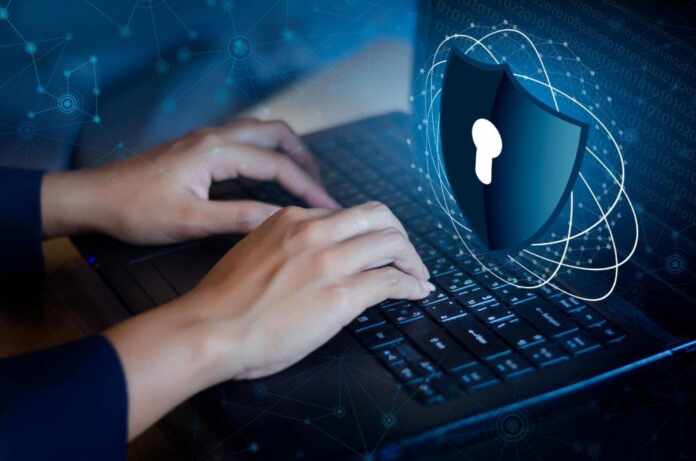Ever since the pandemic started, work from home has become the new normal. Many businesses around the globe allow their employees to work remotely so they can practice social distancing. Plus, this move was important to prevent the spread of the disease. Many speculate that even once the pandemic is over, remote working is going to stay prevalent across multiple sectors. I got myself subscribed to the Cox internet package when the company where I work decided to implement the WFH policy. It worked out really well for me as I was able to remain connected with my team members at all times. While working from home is super convenient, you should know that it poses great cybersecurity risks for both employees and businesses. This is why it is really important to give serious consideration to home cybersecurity. You can take the following practices into consideration as some cybersecurity tips to work from home safely from all the different online threats.
#1. Invest In an Antivirus Suite
If you are going to implement WFH policy then it is advised to invest in a decent antivirus suite and give its access to the employees. This will help both you and them to remain secure. The antivirus software will act as the first line of defense against all malicious attacks. You see, hackers have become sophisticated with their ways and they can use advanced techniques to corrupt your system with different viruses, and malware. So, if you need to stop these cybercriminals, a solid antivirus is what you need to protect important data.
#2. Keep Your Work Devices Away from Family Members
While you may trust your employees to keep themselves secure online, it’s worth noting that working from home means that company systems will be exposed to different family members of the employees. Therefore, it is necessary for you to remind your staff to keep their work devices whether they be smartphones or laptops safe and secure from family members. This is because if they do, then there is a chance that they might download a corrupted file or click on a phishing link which will put your company’s data at a risk. At the same time, you should ask them to keep their devices protected by a strong password.
#3. Use A Centralized Storage Solution
If your company is using server storage or cloud, then it is essential for you to ensure that all of the employees are using the same solution. If you think your staff members are unaware of the storage device or are continually saving files locally then you should get in touch with them as soon as possible and make them familiar with the centralized service. This is important because if your company gets compromised and the files stored locally are destroyed or lost then you will have the backup of all the important documents. Plus, it is a great way to secure all the sensitive files as they would be safeguarded by the firewall which will be connected to the centralized storage solution.
#4. Be Careful When Video Conferencing
If you are working remotely then this means that you will have to rely on a video conferencing tool in order to connect with your staff. What you may not know is that it will create security risks. You may be familiar with the term, Zoom bombing. It is an attack that used to happen on Zoom. In these attacks, uninvited visitors would gain access to a random video conference to harass and intimidate others. Such incidents have happened on different platforms as well.
These types of threats can be quite serious for your company. How? Well, imagine that you are having a conference with the employees and suddenly, a random visitor enters the meeting. The individual can then do whatever he/she pleases. They can easily steal the data or may leak the information about your clients. Therefore, you should always take some security measures when using video conferencing software. A few of them are as follows:
- Ensure that the software that you are using is up to date.
- Make sure that the meetings are private.
- You should always carefully check the security requirements whenever you are selecting a vendor. Also, make sure that you choose the software that offers end-to-end encryption.
#5. Strengthen the Security of Your Home Wi-Fi
If you are working from home then the first thing that you should do is to secure your home Wi-Fi. This will aid you in stopping cybercriminals from infiltrating your system and causing harm. You can strengthen the security of your home Wi-Fi with the help of the following ways:
- You should create a strong and unique password that is hard to guess.
- Make sure that the network encryption is enabled.
- Consider limiting network access to a particular MAC address if you want to get more security.
- Ensure that you are using the latest version of the firmware.
Conclusion
Work from home has become more of a norm these days thanks to the current epidemic. And with this comes the risk of cybersecurity. However, if you follow the above-mentioned practices, you will remain secure from all online threats. So, do keep in mind and everything shall be just fine.





